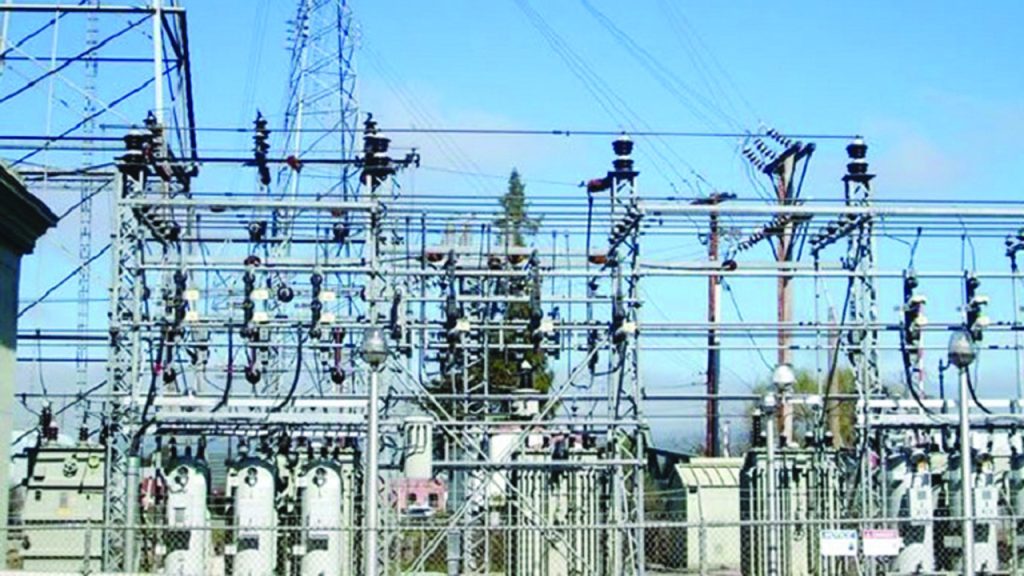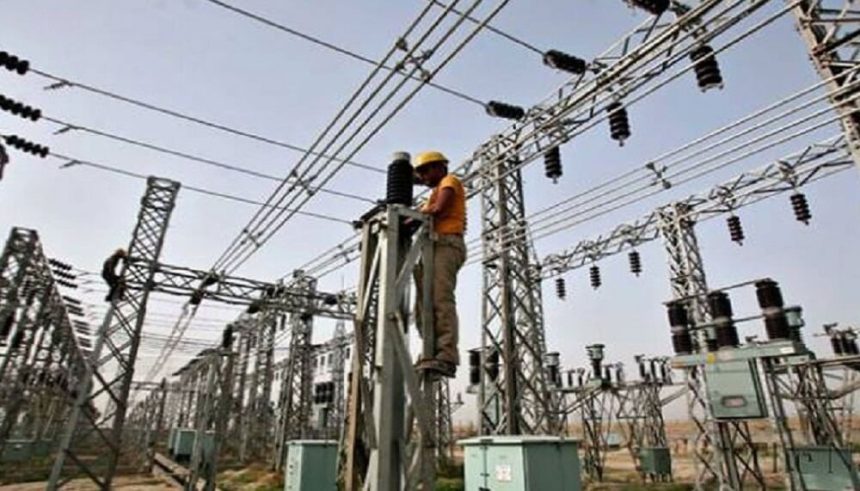Nigeria Takes Swift Action to Strengthen Power Grid and Prevent Future Collapses
In an effort to address the recurrent and disruptive failures of Nigeria’s national power grid, the Minister for Power, Adebayo Adelabu, has announced decisive measures to overhaul and strengthen the nation’s energy infrastructure.
The Minister has ordered the immediate replacement of outdated equipment and directed relevant agencies to begin enacting a comprehensive set of recommendations aimed at enhancing grid stability.
The directive follows a recent report from the Transmission Company of Nigeria (TCN) detailing another grid disturbance, which occurred at approximately 11:29 a.m. on Thursday, November 7, 2024. According to TCN, the disturbance was triggered by a sudden frequency spike from 50.33Hz to 51.44Hz, illustrating the urgent need for system upgrades and more responsive infrastructure.
Adelabu’s plan to replace obsolete equipment is expected to be implemented within six months, a timeline he underscored as critical to minimizing further disruptions. In addition to equipment replacement, the Minister has instructed the TCN and other agencies under the Ministry of Power to start immediately implementing the recommendations from an inter-agency committee. This committee, established to investigate the causes of grid instability, submitted its findings on November 6, 2024.

Bolaji Tunji, the Special Adviser on Strategic Communications and Media for the Ministry, shared more insights into the Minister’s directives. According to Tunji, the recommendations are designed to provide both immediate and long-term solutions to the persistent issue of grid collapse.
“The recommendations of the committee are far-reaching,” Tunji quoted Adelabu, “and will proffer lasting solutions to the incessant power grid collapses that we have embarrassingly witnessed in the country.”
READ ALSO: Ireland’s Economic Stability at Stake Amid Trump’s Push for Corporate Repatriation
Nigeria’s power grid has suffered repeated failures in recent years, often causing widespread blackouts and impacting critical sectors of the economy. This latest breakdown highlighted the aging infrastructure’s susceptibility to fluctuations in demand and frequency, underscoring the need for a significant overhaul.
The comprehensive action plan put forth by the Ministry includes upgrading outdated components, enhancing frequency control mechanisms, and improving overall grid management to reduce the likelihood of future disturbances. These upgrades aim not only to stabilize the power supply but also to support Nigeria’s broader economic goals by creating a more resilient energy sector.
Experts have long warned that the current power infrastructure is inadequate for a nation of Nigeria’s size and economic ambition. With 200 million people, the country’s demand for electricity is immense, yet its capacity to deliver reliable power has often fallen short.
The outdated equipment and limited resources have led to recurring power outages, frustrating businesses, disrupting daily life, and slowing industrial growth. As a result, revitalizing the grid has become a top priority for the government, with the latest round of reforms representing a bold step toward a more sustainable energy future.
The Ministry’s decision to replace obsolete equipment within a six-month timeline is a promising start, though challenges remain. Industry analysts believe that ongoing funding, technical expertise, and regulatory support will be essential to ensuring the success of these upgrades.
Furthermore, transparency and accountability in the implementation process will be crucial to maintaining public trust and support as Nigeria works to secure a stable and reliable power grid.

Minister Adelabu’s strong stance and expedited timeline signal the government’s commitment to addressing a longstanding issue that has impacted millions of Nigerians.
As these measures take effect, the Ministry for Power and its associated agencies are hopeful that a reliable national grid will provide a foundation for sustainable economic growth, improved quality of life, and the development of a modern energy infrastructure capable of meeting Nigeria’s future demands.
With consistent focus and investment, these reforms have the potential to transform Nigeria’s power sector, ultimately creating a stable and efficient grid that aligns with the country’s ambitions.
The Ministry’s bold approach is a clear message that Nigeria is prepared to tackle the challenges facing its energy infrastructure, paving the way for a future where power outages are less frequent, and energy reliability becomes the standard.
READ ALSO: Asian Stocks Waver as Markets Await China Stimulus Decisions
An investigative panel recently identified outdated equipment, poor maintenance, and limited technical resources as major causes of Nigeria’s frequent national power grid collapses. The panel recommended a phased approach to address these issues, aiming for immediate, short-term, and long-term improvements.
Within the first month, essential steps include a review of grid protection settings, targeted staff training, and an assessment of critical equipment reliability. By six months, the panel calls for replacing obsolete equipment, improving monitoring systems, and securing investments to modernize the infrastructure.
The one-year plan outlines a comprehensive upgrade of the distribution network, adopting smart grid technologies, and integrating renewable energy sources. These strategic actions aim to transform the grid into a stable, modern system capable of supporting Nigeria’s growing energy needs.
The Transmission Company of Nigeria (TCN) has cautioned that recent grid collapses, including two in 72 hours, may persist due to critical infrastructure repairs. These repairs, essential for stabilizing the national grid, are addressing issues like frequency spikes and upgrading key transmission lines and substations.

On Thursday, the grid collapse—marking the 11th incident in 2024—was triggered by a frequency surge linked to a TCN substation. Recovery efforts quickly restored power in parts of Abuja, though many areas remain affected.
The National Orientation Agency cited load rejection by distribution companies (DisCos) as another factor in grid instability, noting that DisCos are unable to handle the increased power supply due to limited infrastructure.
However, the government is addressing these challenges through initiatives like the Presidential Metering Initiative and a $800 million investment to enhance power distribution capacity. TCN remains committed to strengthening the grid’s reliability and ensuring a stable power supply for Nigeria’s socio-economic growth.

